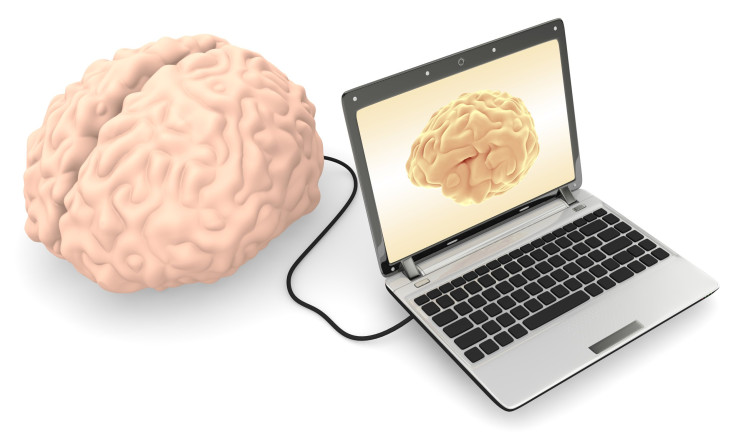Brain Disease Research Gets Boost With UCSF's 'Brain Health Registry,' Combing The Internet For Subjects

Much of the money spent on clinical trials goes to participant recruitment costs. Early stage trials can cost tens of millions of dollars, and late stage trials can cost hundreds of millions. Of course, these high costs will affect the costs of creating new treatments and may prevent researchers from having the necessary means to develop a potentially lifesaving drug. A new online project has found a way to dramatically cut the costs of conducting clinical trials. The Brain Health Registry is designed to create a ready pool of research subjects for studies on brain disorders, all through a simple to use online registration.
Developed by researchers at the University of California, San Francisco, the Brain Health Registry hopes to make a pool of subjects for studies on brain disorders such as Alzheimer’s and Parkinson’s Disease, depression, and post-traumatic stress disorder, according to a recent press release. Not only is nearly a third of all costs of running a clinical trial spent toward patient recruitment, but often these trials will be delayed or even fail because of problems in the recruitment process. The Brain Registry is the first-ever neuroscience project that uses the Internet to gain participants for clinical trials.
“This registry is an innovative 21st century approach to science with tremendous potential. The greatest obstacles to finding a cure for Alzheimer’s and other brain disorders are the costs and time involved in the clinical trials. This project aims to cut both and greatly accelerate the search for cures,” explained Michael Weiner, the founder and principal investigator of the project, in the press release.
The project works by asking volunteers to supply a small summary of their history and then to take part in a series of online neuropsychological tests in a game format. These games will help researchers understand how the participants’ brains work. The collected data will also give insight into how the brain works as it ages, what are certain markers for disease, and it will also help researchers to develop better diagnostic tools to stop diseases before they develop. Of course, it will also help with the main goal of creating a pool of pre-qualified clinical trial participants. The overall goal of the Brain Health Registry is to recruit 100,000 people by the end of 2017. Nearly 2,000 people have already signed up.
The Brain Health Registry has also teamed up with Lumosity, a San Francisco-based brain training and neuroscience research company. Lumosity is helping with the recruitment procedure, while also creating some of the online brain tests. Other collaborators on the project are Johnson & Johnson and Cogstate. “The Brain Health Registry is aligned with our research goals and has the potential to transform clinical trial recruitment for brain conditions and open up new opportunities for research,” concluded Michael Scanlon, chief scientific officer of Lumosity, in the press release.



























